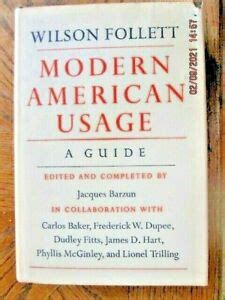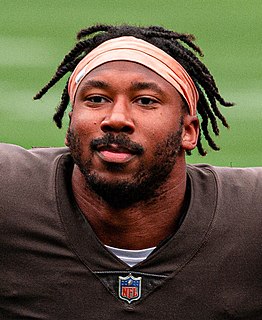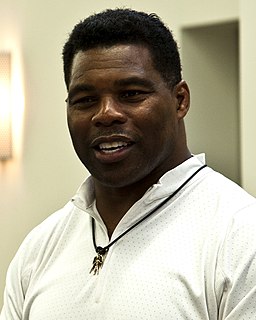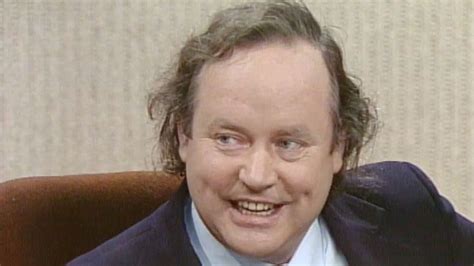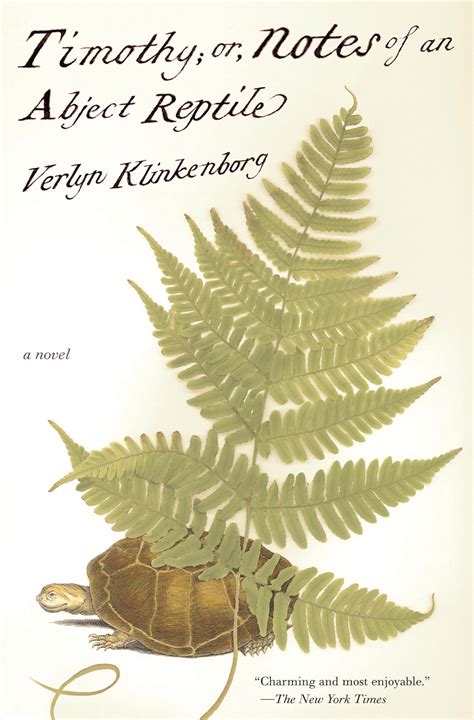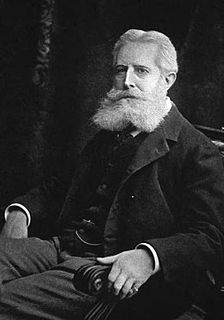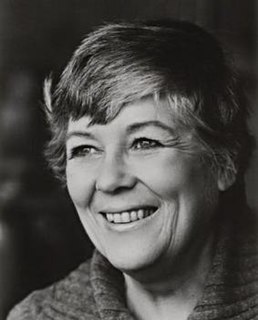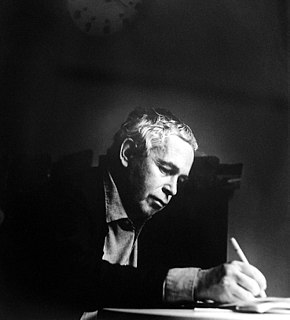Top 1200 Prose And Poetry Quotes & Sayings - Page 17
Explore popular Prose And Poetry quotes.
Last updated on April 20, 2025.
I didn't know how this would play out when I was a kid. I knew I wanted to play ball, be a paleontologist, and write poetry. I thought, 'Heck, where will I find the time? Well, football comes first, and I'll just find some time for poetry, and paleontology can come at the end.' I made this plan at 14, and dang, it's all coming together.
The judges who awarded the 1980 Commonwealth Poetry Prize to my first collection of poems, Crossing the Peninsula and Other Poems, cited with approval and with no apparent conscious irony my early poem, "No Alarms." The poem was composed probably sometime in 1974 or 1975, and it complained about the impossibility of writing poetry - of being a poet - under the conditions in which I was living then.
People who are knowledgeable about poetry sometimes discuss it in that knowing, rather hateful way in which oenophiles talk about wine: robust, delicate, muscular. This has nothing to do with how most of us experience it, the heart coming around the corner and unexpectedly running into the mind. Of all the words that have stuck to the ribs of my soul, poetry has been the most filling.
The word 'mundane' has come to mean 'boring' and 'dull', and it really shouldn't - it should mean the opposite. Because it comes from the latin mundus, meaning 'the world'. And the world is anything but dull: The world is wonderful. There's real poetry in the real world. Science is the poetry of reality.
I'll say that this is probably the best time for poetry since the T'ang dynasty. All the rest of the world is going to school on American poetry in the twentieth century, from Ezra Pound to W. S. Merwin, and for very good reason. We have soaked up influence in the last century like a sponge. It's cross-pollination, first law of biology, that the more variety you have the more health you have.
It is hard to compare cultures without overgeneralizing, but I think a lot of American poetry has an assertiveness - an upbeat quality - that's less typical of Canadian poetry. Of course there are poets in both countries to whom that generalization does not apply. Speaking broadly, I'd describe Canadians as being a bit more reserved than Americans. Not less opinionated - just less direct.
No one can threaten poetry. It's always been there, always will be. Humans need it to live: it has sustaining powers. How could we (anyone) get through adolescence without some form of song? Song is only a version of lyric poetry that is carried more by melody than by internal coherence and unity. but lyric and song - they are the same.
I think poetry always lives its life, and people come to it and people go away from it, 'people' in the sense of larger numbers of people. It's as though you begin to think that poetry is a resource, and that at certain times people seem to need it or want it or can find sustenance in it, and at other times they can't.
The more serious poetry of the race has a philosophical structure of thought. It contains beliefs and conceptions in regard to the nature of man and the universe, God and the soul, fate and providence, suffering, evil and destiny. Great poetry always has, like the higher religion, a metaphysical content. It deals with the same august issues, experiences and conceptions as metaphysics or first philosophy.
I loathe the trivialization of poetry that happens in creative writing classes. Teachers set exercises to stimulate subject matter: Write a poem about an imaginary landscape with real people in it. Write about a place your parents lived in before you were born. We have enough terrible poetry around without encouraging more of it.
Poetry is, above all, a singing art of natural and magical connection because, though it is born out of one's person's solitude, it has the ability to reach out and touch in a humane and warmly illuminating way the solitude, even the loneliness, of others. That is why, to me, poetry is one of the most vital treasures that humanity possesses; it is a bridge between separated souls.
I do believe that one's writing life needs to be kept separate from Po-Biz. Personally, I deal with this by not attending too many poetry readings, primarily reading dead poets or poems in translation, reading Poets & Writers only once for grant/contest information before I quickly dispose of it, and not reading Poetry Daily. Ever.
It really takes growing up to treasure the specialness of being different. Now I understand that I've gotten to enjoy things that others have not, whether it's the laughter, the poetry of my Spanish language - I love Spanish poetry, because my grandmother loved it - our food, our music. Everything about my culture has given me enormous education and joy.
I liked to write from the time I was about 12 or 13. I loved to read. And since I only spoke to my brother, I would write down my thoughts. And I think I wrote some of the worst poetry west of the Rockies. But by the time I was in my 20s, I found myself writing little essays and more poetry - writing at writing.
Poetry cannot be translated; and, therefore, it is the poets that preserve the languages; for we would not be at the trouble to learn a language if we could have all that is written in it just as well in a translation. But as the beauties of poetry cannot be preserved in any language except that in which it was originally written, we learn the language.
The perils, rewards, punishments, and fulfillments of an adventure must be real, or the adventure is only a shifting and heartless nightmare. If I bet I must be made to pay, or there is no poetry in betting. If I challenge I must be made to fight, or there is no poetry in challenging. If I vow to be faithful I must be cursed when I am unfaithful, or there is no fun vowing.
Young poets worry that their experiences - whether urban or rural, immigrant or native, small town, suburb, or big city - aren't worthy of the written word. But for me the urge toward poetry, that seductive feeling of being swept away by words, was enough for me to overcome that fear that my experiences weren't worthy of poetry itself.
